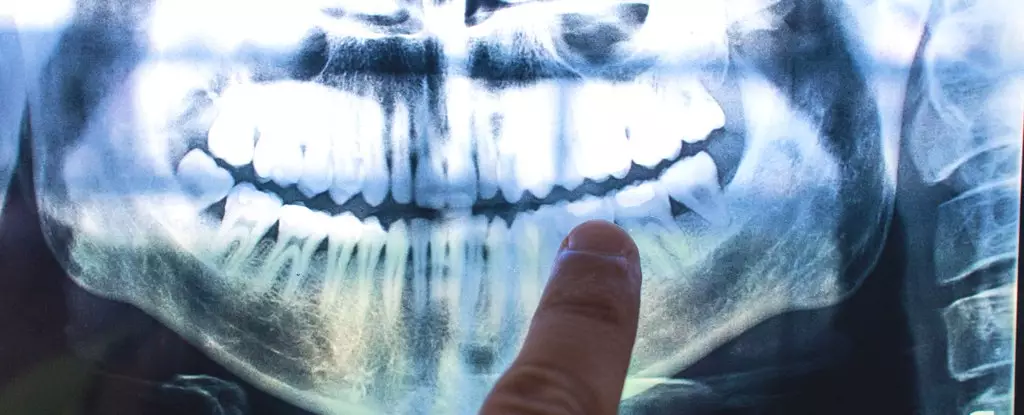Oral diseases, such as tooth decay and gum disease, continue to be prevalent chronic illnesses worldwide, affecting an estimated 3.5 billion people. These diseases not only create widespread health issues but also result in significant economic burdens. Untreated oral diseases can lead to pain, infection, and tooth loss, while research indicates that gum disease has connections to serious conditions such as cardiovascular disease, diabetes, Alzheimer’s disease, rheumatoid arthritis, and cancer.
Predictions for Oral Health in the UK
A recent study by researchers from the University of Greenwich and Cape Western Reserve University has shed light on the future of oral health in the UK. Using advanced modeling techniques, they forecasted the prevalence of tooth decay and gum diseases from 2020 to 2050. The study projected that over half of the UK’s population could be living with some form of dental disease by 2050. The number of people with gum disease is expected to rise from 42% to 54% of the population by 2050.
The study also highlighted a shift in the burden of tooth decay and gum diseases, with older adults experiencing a higher prevalence of these conditions. While the number of people with tooth decay is projected to decrease slightly for adults aged 16 to 59 by 2050, the number of over-60s with tooth decay is expected to nearly double from 5 million in 2020 to 9.6 million by 2050, reflecting a concerning trend.
Several factors contribute to poor oral health, including poor oral hygiene practices, infrequent access to dental care, smoking, and low socioeconomic status. The COVID-19 pandemic has exacerbated existing issues with accessing dental services in the UK, emphasizing the need for proactive measures to address oral health challenges.
To address the grim outlook for oral health in the UK, proactive measures need to be implemented. Integrating oral healthcare into general medical care, focusing on preventative measures, and improving access to quality dental services are essential steps. Early screening programs, prompt treatment of dental issues, and oral hygiene education programs can also contribute to improving oral health outcomes.
On an individual level, adopting good oral hygiene practices such as brushing twice daily, flossing, reducing sugar consumption, quitting smoking, and moderating alcohol intake can help maintain oral health. Regular dental check-ups are crucial for detecting and addressing oral health issues early. If any changes in oral health are noticed, seeking prompt dental care is recommended to prevent further complications.
The future of oral health in the UK looks bleak, with increasing prevalence of tooth decay and gum diseases projected. It is crucial for individuals to prioritize oral health and for policymakers to take proactive steps to address the challenges faced in accessing dental care. By implementing preventative measures and investing in oral health education, the impact of oral diseases can be mitigated, leading to improved oral health outcomes for the population.



Leave a Reply